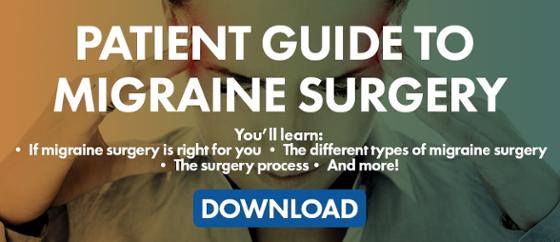Epidural anesthesia is applied in nearly half of all births in the United States and the United Kingdom; however, there has been a surging interest in natural, drug-free deliveries in the last few years. Many expecting mothers are now considering giving birth at home and with the assistance of midwives and doulas. Such is the case of singer Kimberley Walsh of the pop musical group Girls Aloud, who has combined singing lessons with breathing exercises to help her during labor.
Headaches after Epidurals
While the headaches caused by estrogen depletion tend to be mild and responsive to over-the-counter medications, epidural headaches tend to be more painful and can last longer. Epidural headaches are caused by the leakage of cerebral spinal fluid (CSF) after the spinal cord membrane is punctured. When the CSF leaks out, cranial pressure is reduced and a headache ensues.Diagnosing epidural headaches and ruling out migraines is simple: If the pain is relieved when the patient is lying down, the diagnosis would indicate an epidural headache that will eventually subside as the puncture wound in the spinal cord membrane heals and CSF stops leaking. If this is the case, the treatment plan will include:
- Bedrest
- Increased fluid intake
- Over-the-counter medications
After their pregnancies, women who normally suffer from chronic migraines will find themselves to be more prone to headache episodes. This is especially the case among women who did not experience migraine attacks during their pregnancies. The postpartum period is filled with hormonal fluctuations and life changes that may raise stress levels and prompt migraines.
Postpartum Migraine Treatment
Once epidural and estrogen headaches have been ruled out, women who have a history of migraines might be able to resume the treatment regimens they used to follow before their pregnancies. There are, however, some exceptions: Triptans and anti-inflammatory medications are not recommended for women who are breastfeeding. In some cases, triptans may be taken by lactating women as long as they do not feed their babies after taking their prescribed medications.
Managing migraine triggers becomes more important in the postpartum period. Epidural and estrogen-related headaches can create enough stress to trigger a migraine episode, but these are conditions that can be effectively treated. Hormone therapy can improve estrogen levels while a blood patch can quickly eliminate epidural headaches. It is very important for new mothers who suffer from chronic migraines to follow a preventative regimen.

